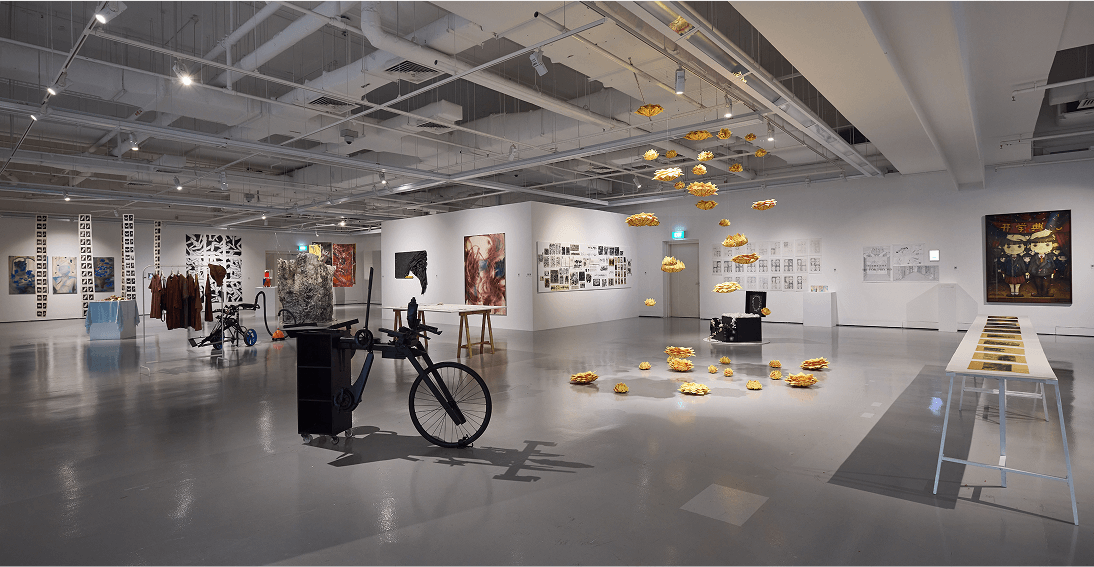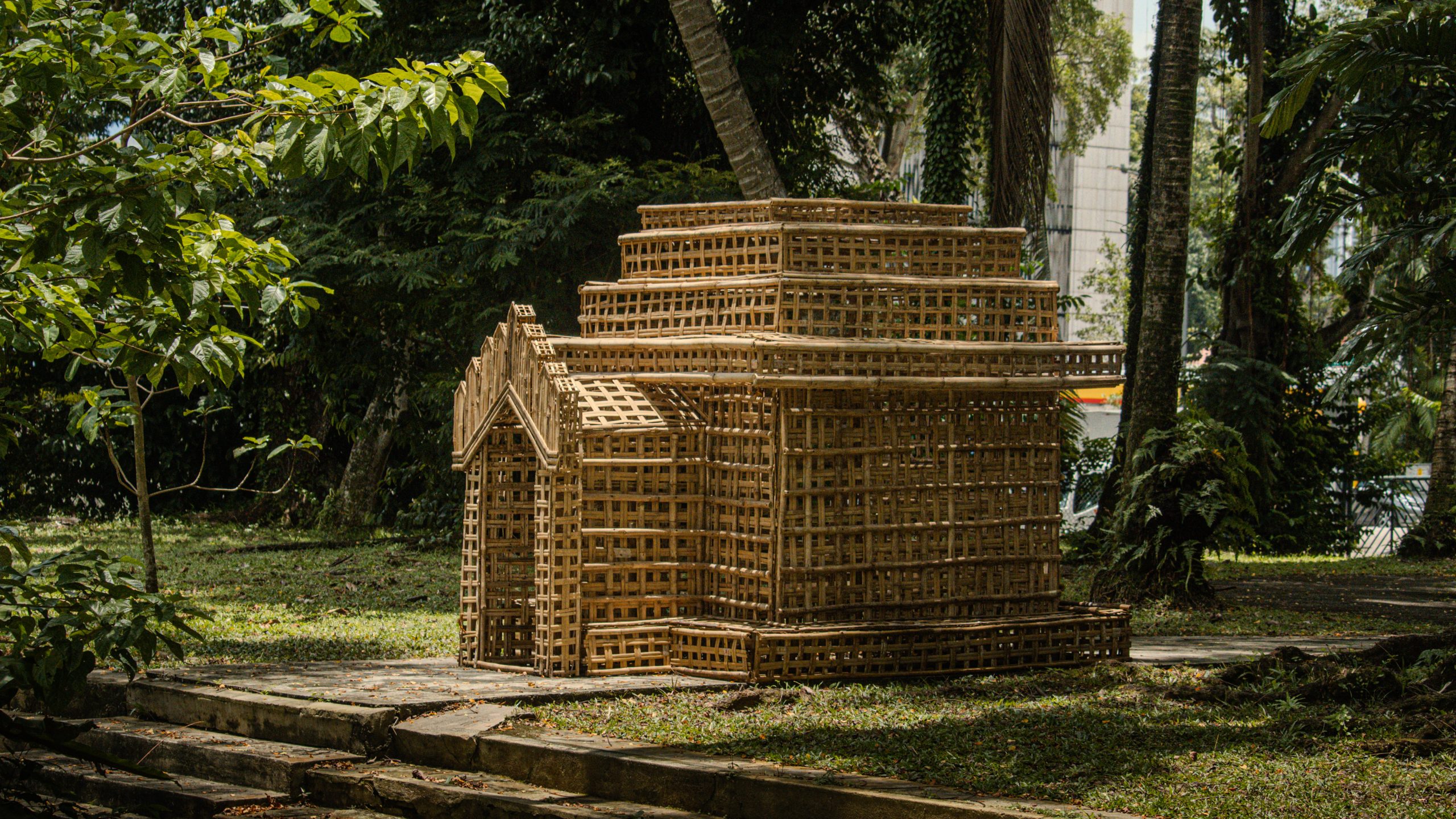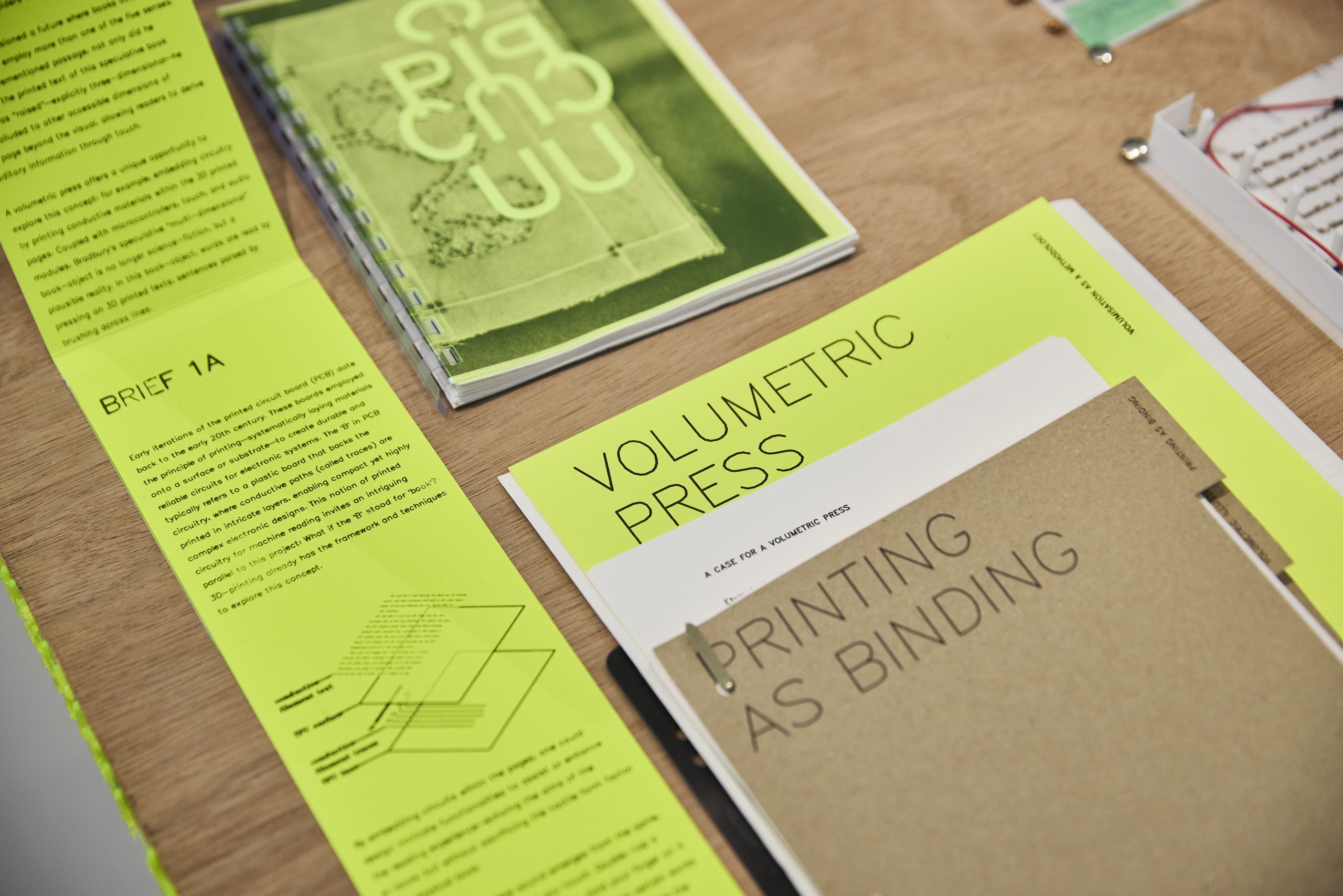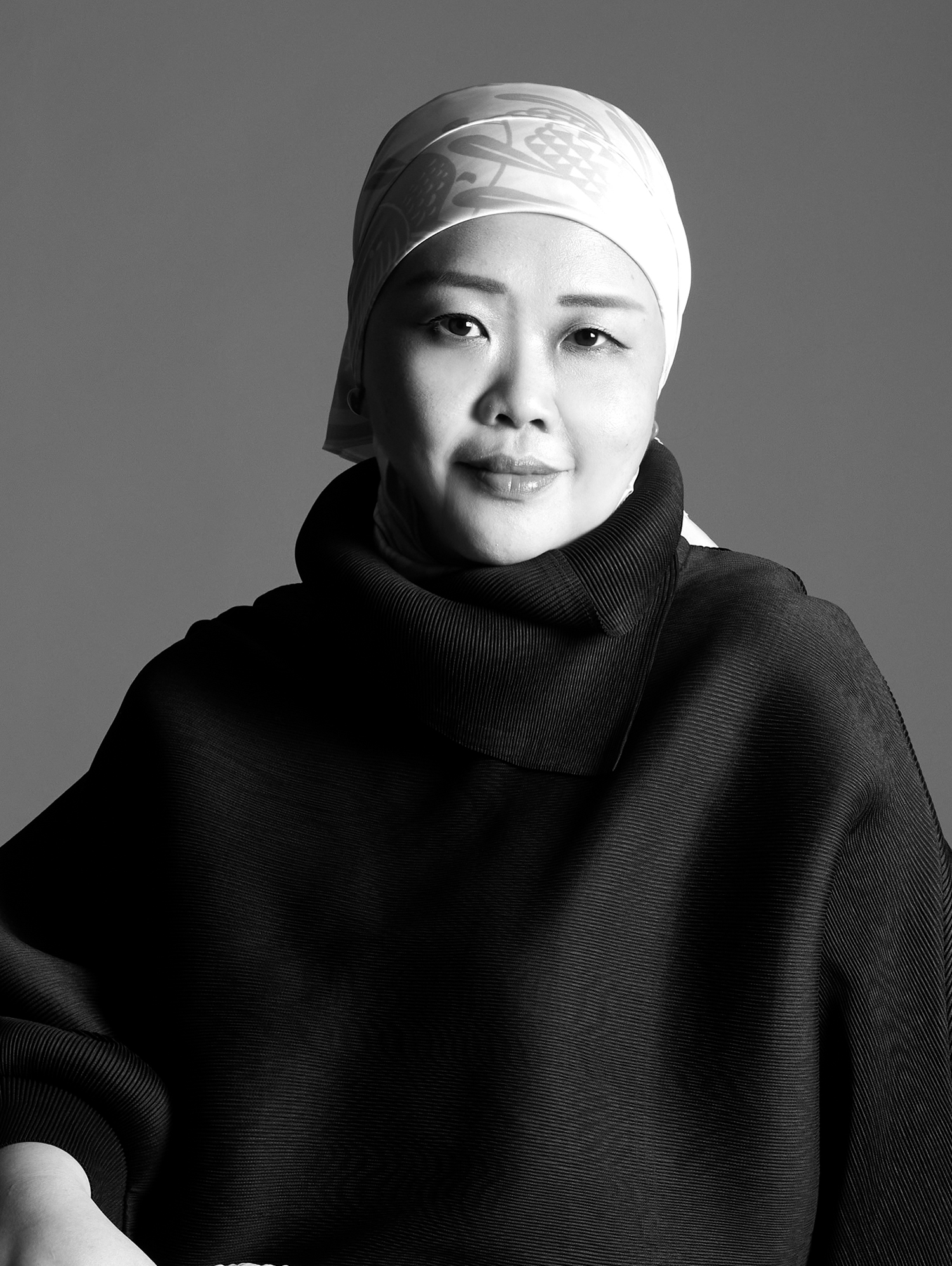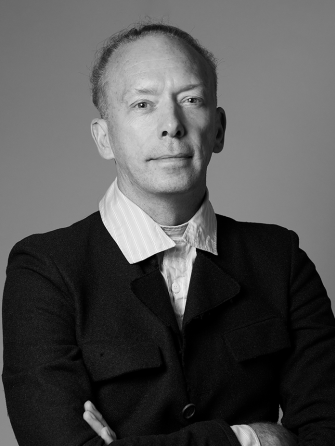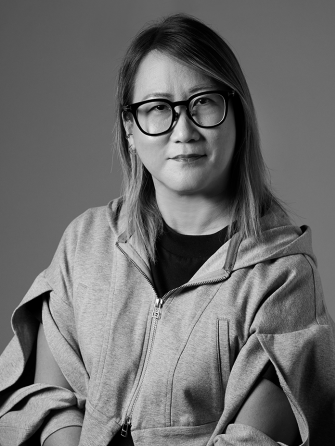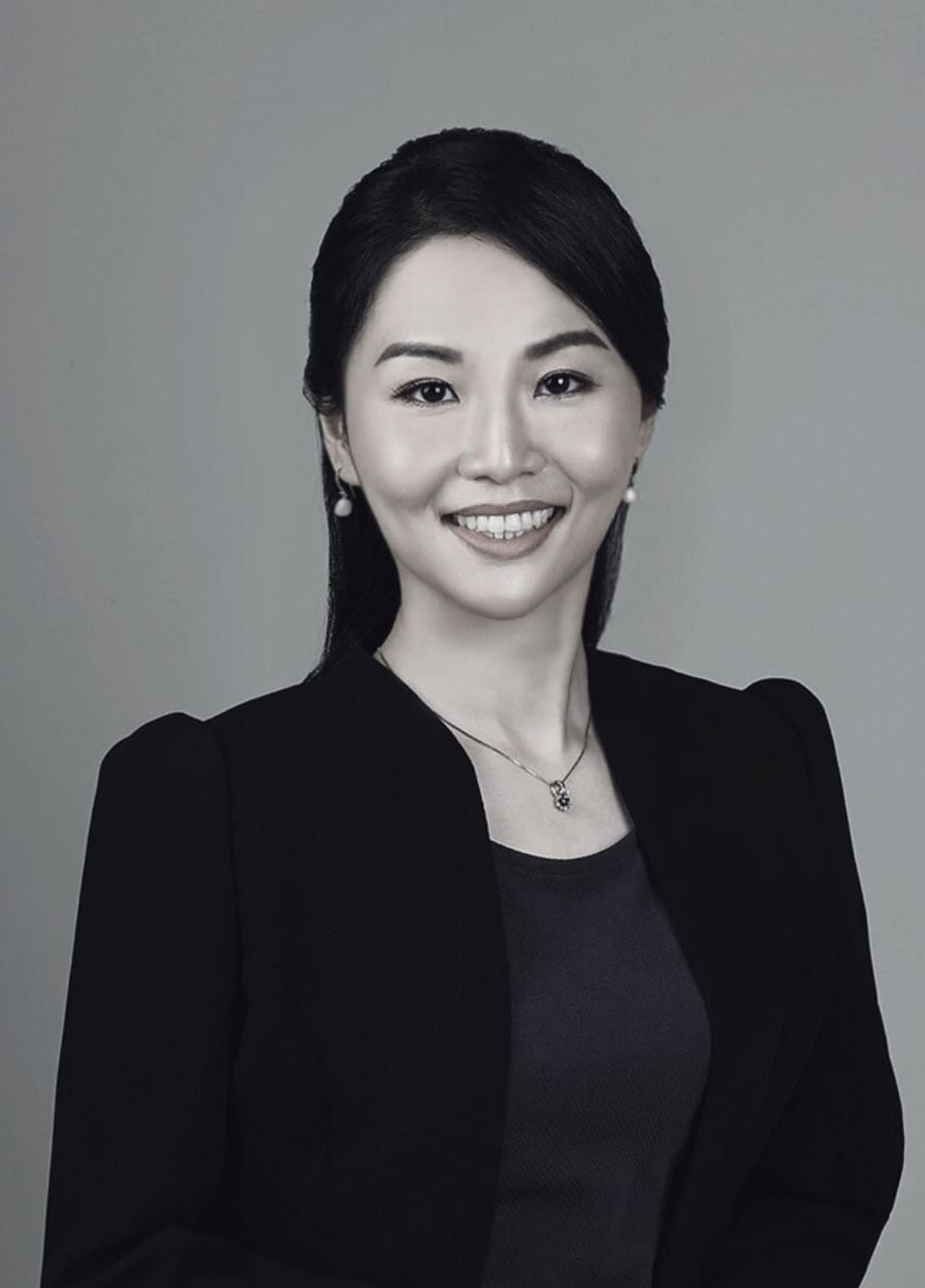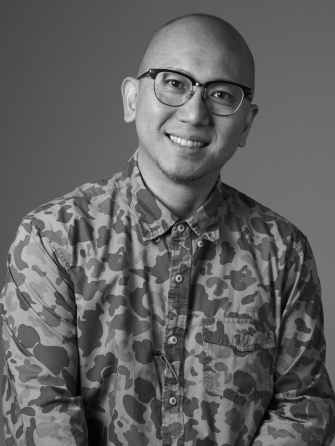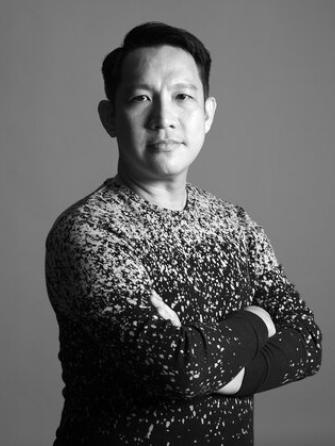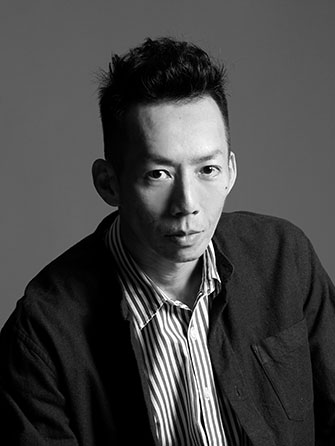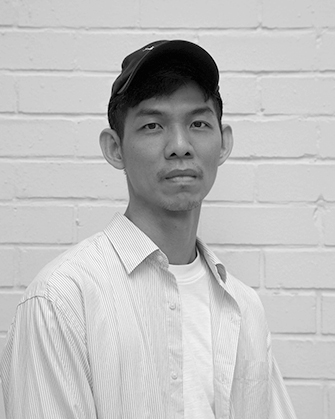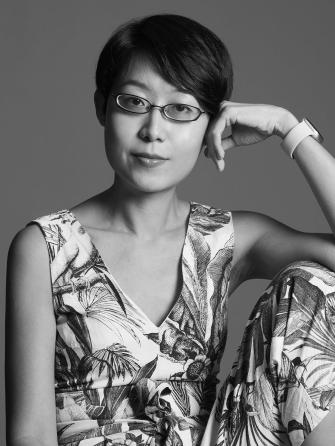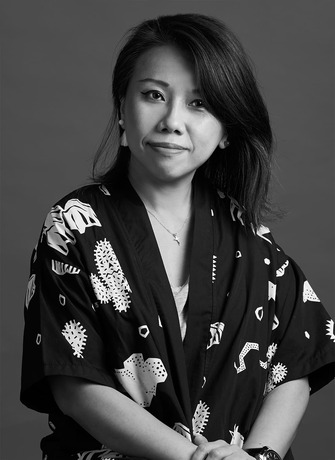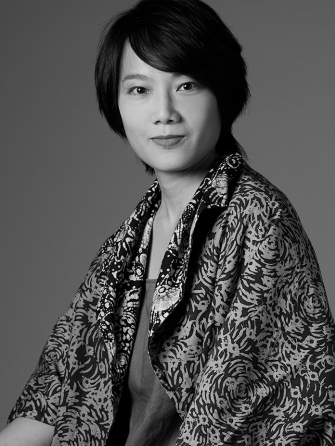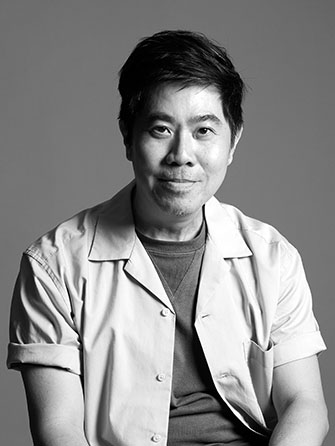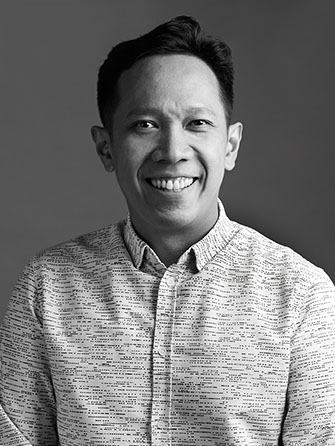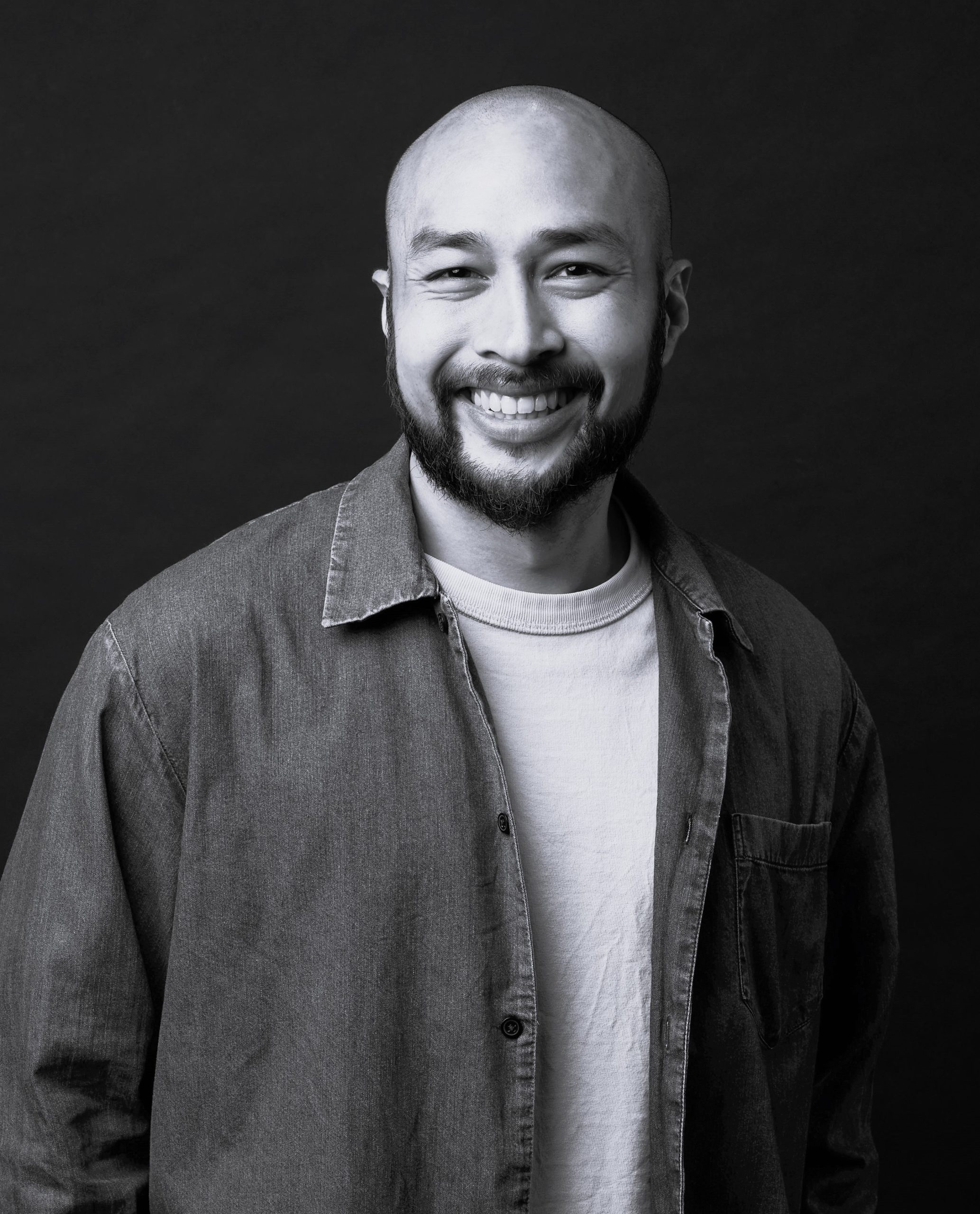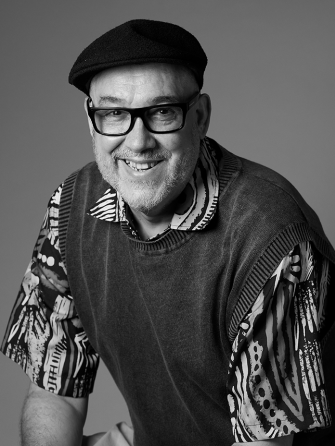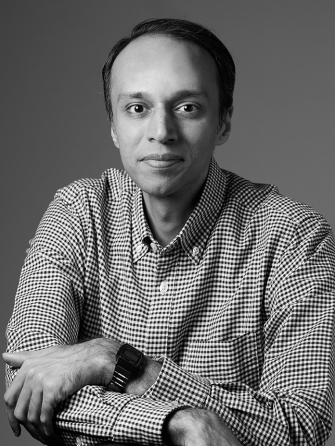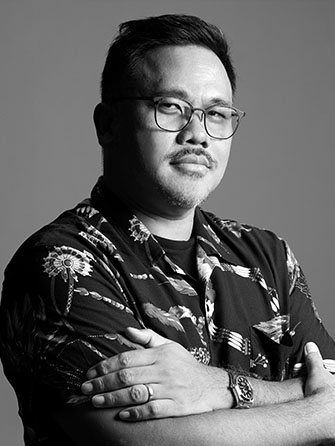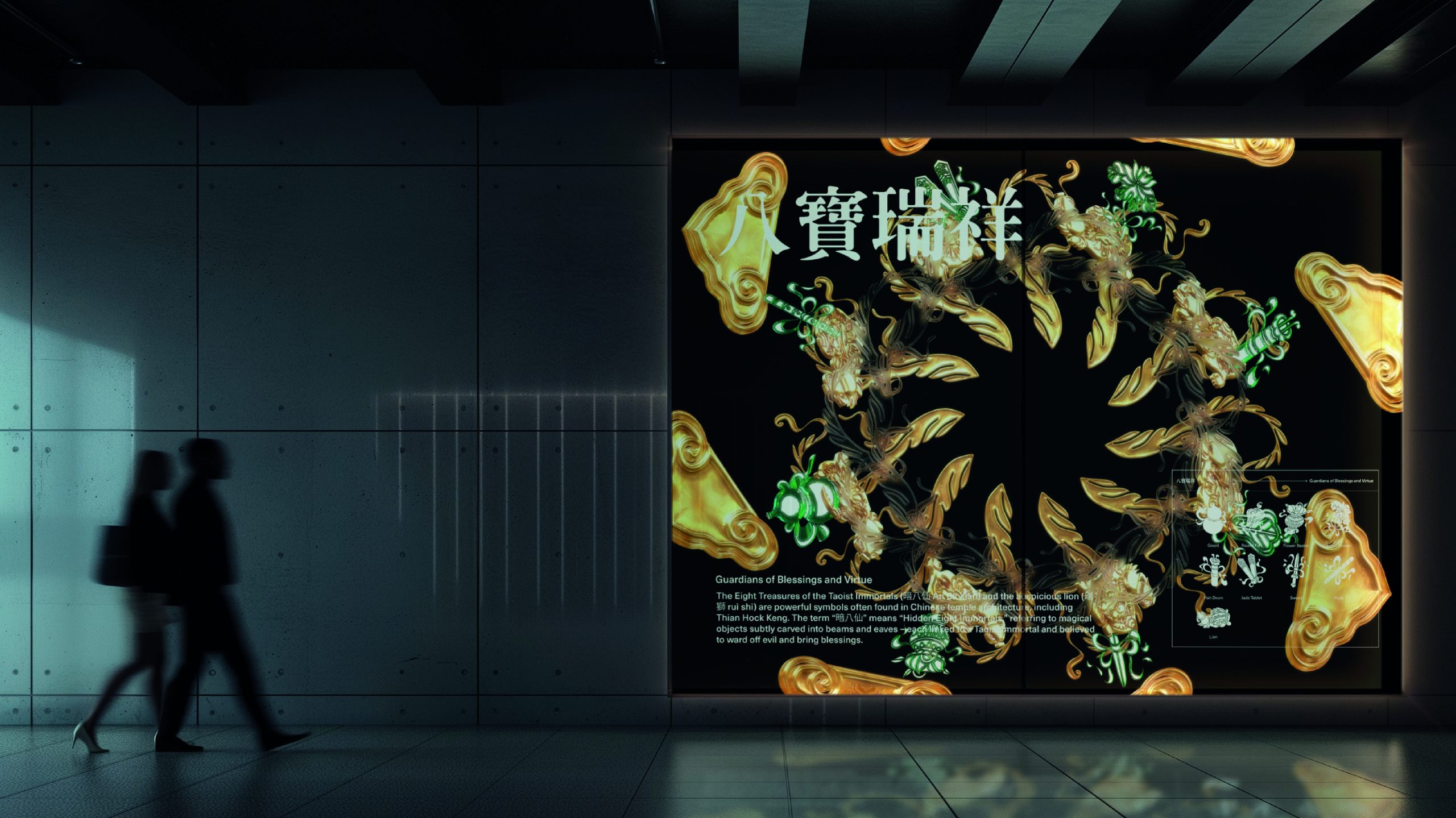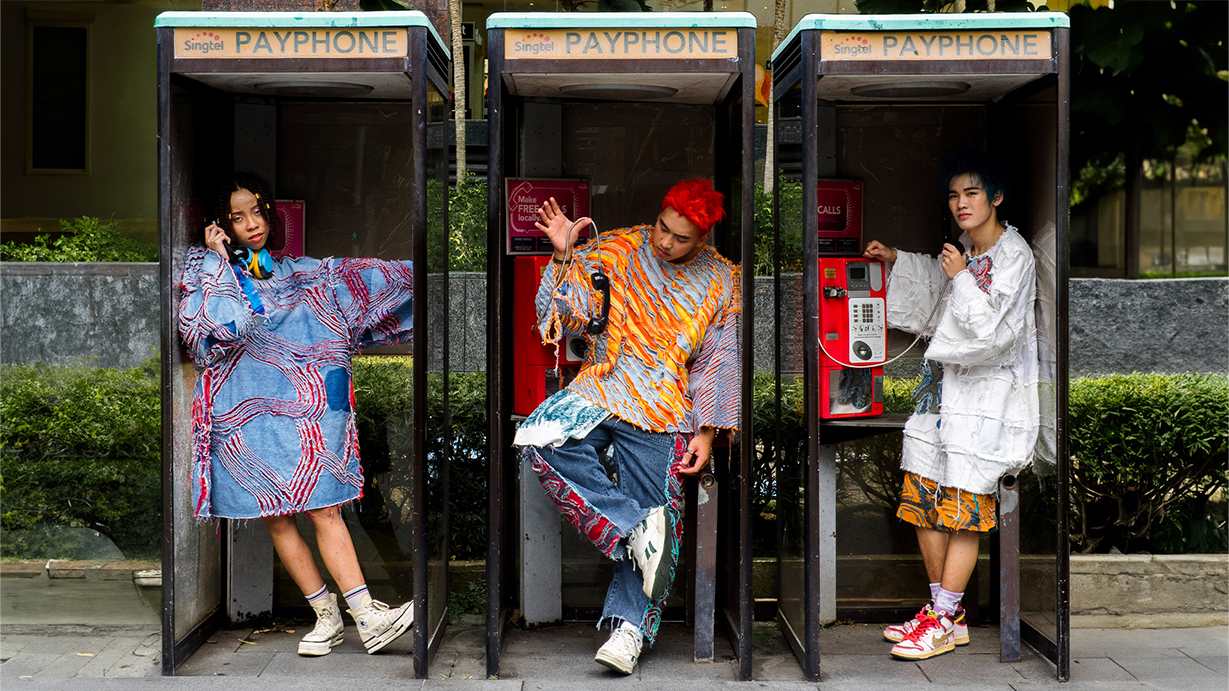2 years (6 semesters)
Note:
Applications are closed for the following programme:
MA Art Therapy
For other MA programmes applicants:
Apply by 31 Mar 2026
Applications will close once the programme seats have been filled up. Please note that the timeline provided serves as a general guide. Actual outcome release dates may vary.
Programme details
Hone your critical design practice to create, challenge and re-imagine the world we live in.
MA Design is a research-led practice programme that challenges current conventions of thinking, making and communicating.
The design field is increasingly positioned at the forefront of innovative and new possibilities for humanity in a fast-changing world. As technologies progress, societies must evolve for communities to reimagine themselves. Design professionals are positioned to create solutions, preserving the values and thinking behind them in response to constrained resources and diverse needs. The programme encourages students to explore the impossible, question design principles and propose new solutions.
The programme provides an independent and interdisciplinary learning environment for you to experiment and play. You will be part of a new generation of research-based creators, innovators and inventors engaged in design research and practice through critical analysis, collaborative engagement and intellectual argument.
You will be encouraged to explore complex research themes and topics through contextual modules, design methodologies and interdisciplinary design labs. Artistic, design and industry experts will provoke your critical thinking to identify problems and formulate solutions, increasing your agility to perform across the roles of thinker, researcher, strategist and innovator.
The programme seeks to challenge those who want to be challenged to break out of conventional sociocultural and design thinking practices to mould new ways of imagining the world that is inspirational, applicable and communicable.
Professional development
Design studio culture
Learning community
Professional network and strong alumni
|
Full-time |
||
|
Design Lab 1: Design in Context and Integrated Design Practice |
30 credits |
|
|
Critical Discourse in Design |
30 credits |
|
|
Design Lab 2: Design Synthesis and Hypothesis |
30 credits |
|
|
The Agora |
30 credits |
|
|
Final Research |
60 credits |
|
Note: The workload will be approximately half for MA programmes offered with the part-time mode.
- Written assignment
- Seminar presentation
- Thesis or project work
- Student designed assessment
|
The LASALLE MA framework is one that aims to provide graduates with a competitive edge that will meet the demands of the dynamic cultural and creative sector. The MA framework has the following common structure: |
|
|
Core modules |
You will study three core modules* according to your chosen programme of study. These modules aim to equip you with discipline-specific skills relevant to your area of research inquiry. *For the MA Art Therapy and MA Music Therapy programmes, there will be additional modules for clinical placements. |
|
Common module – the Agora |
The common module, the Agora, has been designed to prepare you for the intensely collaborative experience of a creative career. You will be guided to reflect on the ‘place’ of your particular discipline in society, the economy and the environment. You will consider and experiment with combining your discipline with others (multidisciplinary), blending your skills and knowledge with those of other disciplines (interdisciplinary) or even discovering new ways of working together (transdisciplinary). |
|
The Final Research module |
Research methods will be embedded into the Final Research (thesis) module. Within this module, formal and dedicated ‘research weeks’ will occur in the first and second semesters. The research weeks will be distinctive points within your programme to allow you to concentrate fully on your research. The spread of its delivery is intended to provide you time to reflect, synthesise and consolidate your learning, and develop your research questions. You will also be provided six hours of supervision of your research. Besides the immersion in the postgraduate research culture built through shared learning modules, the MA framework provides a transformative educational experience designed to shape you into a future-ready professional, equipped with the skills and expertise demanded by the industry. |
LASALLE uses a 5–point Grade Point Average (GPA) system, which will be applicable to all students admitted with effect from AY2024/25, to track students’ academic progress throughout their studies.
Students receive letter grades for each module taken. Each grade corresponds to a grade point as shown below:
| LETTER GRADE | GRADE POINT |
| A+ | 5.0 |
| A | 5.0 |
| A– | 4.5 |
| B+ | 4.0 |
| B | 3.5 |
| B– | 3.0 |
| C+ | 2.5 |
| C | 2.0 |
| D+ | 1.5 |
| D | 1.0 |
| F | 0.0 |
The Cumulative Grade Point Average (CGPA) represents the grade point average of all modules attempted by the student. A minimum CGPA of 2.50 is required for graduation.
The computation of CGPA is as follows:
All modules, including repeat attempts, are included in the computation of the CGPA with the exception of modules that are exempted or where students were absent with valid reasons.
The classification of award and corresponding CGPA requirement are as follows:
| CGPA RANGE | CLASSIFICATION OF AWARD |
| 4.50 – 5.00 | MA (Distinction) |
| 2.50 – 4.49 | MA |
LASALLE recognises the important role of artists and designers in creating a sustainable and caring world. The curriculum provides opportunities for students to identify and explore issues around sustainability (from ecology and global climate change to the sustainability of their own creative practices and wider cultural communities) and care (for the well-being and advancement of oneself and others).
The College actively encourages students to engage with and investigate these crucial contemporary issues as part of their studies, including through their projects, and critical and creative outputs. Through interdisciplinary learning and strong engagement with these topics, the aim is to empower students to lead the way towards sustainable practices and caring communities within the cultural and creative industries.
Basic materials for learning are provided by the College.
As a developing artist, you are required to have certain items that are personal to you and cannot be shared. Such items include books, dance shoes, rehearsal clothes, safety boots, portable musical instruments, paints, canvas, basic tools, design software, cameras, etc., that will support you through your three-year learning journey. The College does not encourage the purchase of extravagant or costly materials or equipment. Our lecturers can provide you with affordable suggestions.
You are also encouraged to have your own laptop for education. If you do not own one, computer labs are available on campus with requisite software for you to undertake your work.
There may be opportunities for you to undertake extra-curricular study trips to enhance your overall learning. Trips are not compulsory and may incur additional costs.
As part of an increasingly important but scarce pool of talent, you will participate in the positioning of Singapore and Asia as a rigorous environment and connection point for innovative design-based education. You will be sought after for your ability to understand the multifaceted cultural, communication, production, management and business demands, so as to contribute across a spectrum of creative industries and business contexts.
Admissions information
- A bachelor’s degree from a recognised local or international institution.
- A minimum of IELTS Academic 7.0, TOEFL iBT 100 or PTE Academic 65 for applicants from countries where English is not the first language or whose qualifications are obtained from institutions where English is not the medium of instruction.
Applicant statement
In 500–1,000 words, highlight the research interests that you wish to explore in this particular programme. In addition, please indicate your reasons for applying to this programme and how they relate to your future plans. You are required to submit your applicant statement online.
Reference letter
Provide a reference letter to support your application. You are required to upload your reference letter online during your application.
Portfolio
Your portfolio should contain relevant and substantial creative work in either written or visual form. You may include projects (including sketches, process, experiments, and iterations) and visual documents to reflect your research interest(s) and provide evidence of sufficient technical skills and evolved critical and creative thinking in design.
Each piece of work should be labelled to indicate if it is academic, professional or personal. If you present a team project, clearly identify your individual contribution. Keep any description to a minimum number of words. Upload your portfolio as a PDF file of not more than 120MB.
Notes:
– Although AI has revolutionised the world of art and design, we prefer to see work that has not been assisted with AI tools.
– All submitted materials should be original works created by you.
– Portfolios containing work copied from other sources, such as websites, magazines, films and the work of other artists/designers, will be rejected.
– Examples of work might include designing a brand identity, packaging, fashion design, surface and textiles patterns, furniture, products, spatial design, posters, advertisements, storyboards and mood boards.
Interview
Shortlisted applicants will attend an online interview. During the interview, you are required to participate in a dialogue regarding the purpose of your application. Please be prepared to talk about the research interests that you wish to explore, your background, what inspires you and your influences. We would like to find out what motivates you to learn, explore and experiment in your areas of interest. You should also share how you think the programme will benefit you in your future career choices or develop your research interests.
MA tuition fees for August 2026 intake
| PROGRAMME | DURATION | FEES PER SEMESTER | TOTAL |
|---|---|---|---|
| SINGAPOREANS/SINGAPORE PR/INTERNATIONAL | SINGAPOREANS/SINGAPORE PR/INTERNATIONAL | ||
| MA Art Therapy | 2 years | S$10,764 | S$43,056 |
| MA Music Therapy | 2 years | S$10,764 | S$43,056 |
| PROGRAMME | DURATION | FEES PER SEMESTER | TOTAL |
|---|---|---|---|
| SINGAPOREANS/SINGAPORE PR/INTERNATIONAL | SINGAPOREANS/SINGAPORE PR/INTERNATIONAL | ||
| MA Arts and Cultural Leadership | 1 year | S$10,500 | S$31,500 |
| MA Arts and Ecology | 1 year | S$10,500 | S$31,500 |
| MA Arts Pedagogy and Practice | 1 year | S$10,500 | S$31,500 |
| MA Asian Art Histories | 1 year | S$10,500 | S$31,500 |
| MA Creative Writing | 1 year | S$10,500 | S$31,500 |
| MA Design | 1 year | S$10,500 | S$31,500 |
| MA Fine Arts | 1 year | S$10,500 | S$31,500 |
| All MA programmes (part-time mode)* |
2 years | S$5,250 | S$31,500 |
Fees include 9% GST from 2024. Fees are subject to change and correct as at August 2025.
* With the exception of MA Art Therapy and MA Music Therapy, which are available only in full-time mode.
A non-refundable application fee (inclusive of GST*) is chargeable per application. Application is only complete upon receipt of your application fee and all necessary documents. Please ensure your application fee is paid and documents are uploaded after you have received an email that your applicant profile has been created. LASALLE reserves the right to withdraw the applicant if the application fee remains unpaid and documents are not received by the due date.
* GST is at 9% from 2024.
| SINGAPOREAN / SINGAPORE PERMANENT RESIDENT APPLICANTS | INTERNATIONAL APPLICANTS |
| S$75 | S$120 |
All payment to LASALLE must be made in Singapore Dollar. In line with the Singapore government's move towards a cashless society, online payments are strongly encouraged. Below are the payment modes acceptable by LASALLE.
| PAYMENT METHOD | PAYMENT MODE |
|---|---|
| Online payment |
Flywire |
Basic materials for learning are provided by the College.
As a developing artist, you are required to have certain items that are personal to you and cannot be shared. Such items include books, dance shoes, rehearsal clothes, safety boots, portable musical instruments, paints, canvas, basic tools, design software, cameras, etc., that will support you through your three-year learning journey. The College does not encourage the purchase of extravagant or costly materials or equipment. Our lecturers can provide you with affordable suggestions.
You are also encouraged to have your own laptop for education. If you do not own one, computer labs are available on campus with requisite software for you to undertake your work.
There may be opportunities for you to undertake extra-curricular study trips to enhance your overall learning. Trips are not compulsory and may incur additional costs.
Medical Insurance Scheme
All full-time students of LASALLE are required to be covered under the Medical Insurance Scheme (MIS). The annual coverage of S$20,000 includes school-related activities throughout the programme duration.
The current premium rate is $29.98 (inclusive of 9% GST) payable each semester. This premium rate is subject to change based on the prevailing premiums charged by the insurer and prevailing GST rate.
In recognition of outstanding academic excellence, leadership potential, and a passion for creativity and innovation, LASALLE offers a variety of scholarships to new and current students.
Application dates for scholarships will be reflected in the various scholarship pages. Other externally sponsored scholarships are also available to students. Enquiries and applications may be directed to the respective organisations.
Please note that miscellaneous fees are not covered by scholarships, bursaries or the Mendaki Tertiary Tuition Fee Subsidy (TTFS).
We are committed to providing a quality education for all our students, and believe that no deserving student should be denied admission because of financial difficulty.
A range of financial assistance schemes, grants and loans are made available to help meet a portion of the educational expenses of students.
Application dates for financial assistance will be reflected in the various bursary pages.
Please note that miscellaneous fees are not covered by scholarships, bursaries or the Mendaki Tertiary Tuition Fee Subsidy (TTFS).
If this is your first time venturing into Asia, here are some of the reasons why Singapore is an ideal place for the global-minded arts student.
The College provides a dynamic learning environment that is conducive for you to pursue academic excellence and develop skills, creativity and critical reflection through a comprehensive range of student support services.
Let our appointed network of overseas representatives help you with your application.
Find out everything you need to know to ensure that your application goes without a hitch.
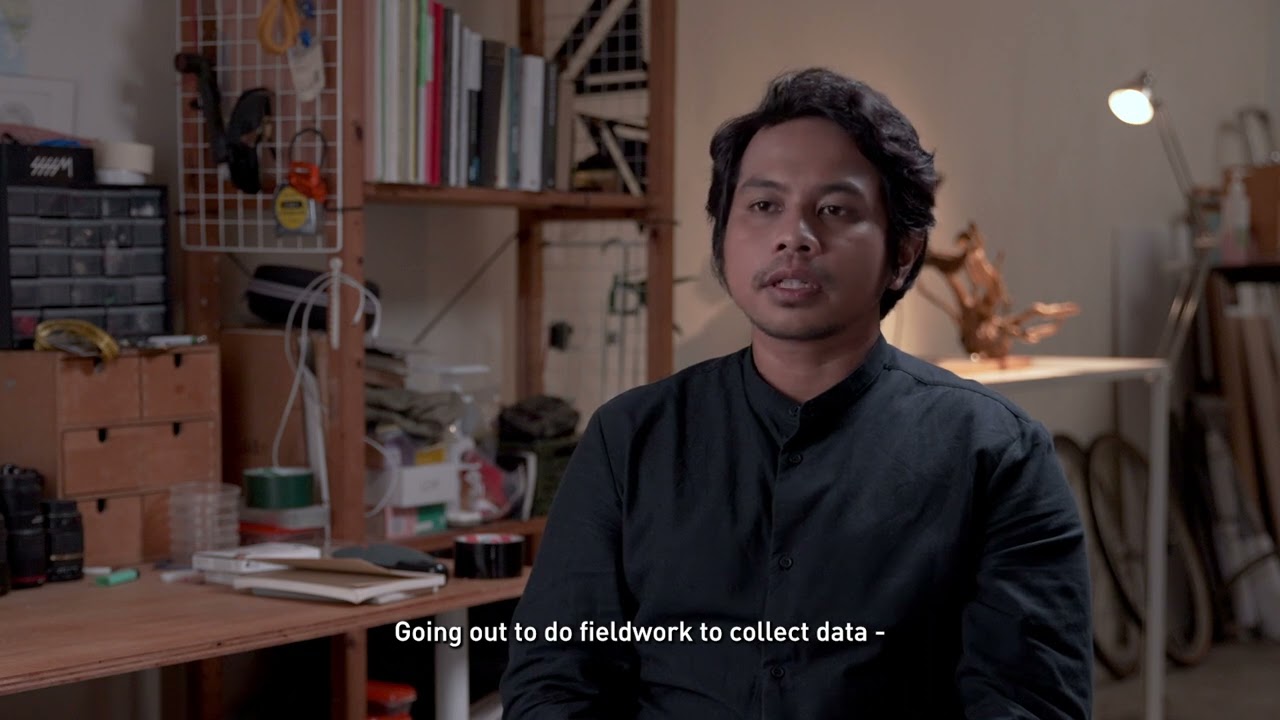
Highlights
Explore our highlights
D&AD Awards

Cannes Lions International Festival of Creativity
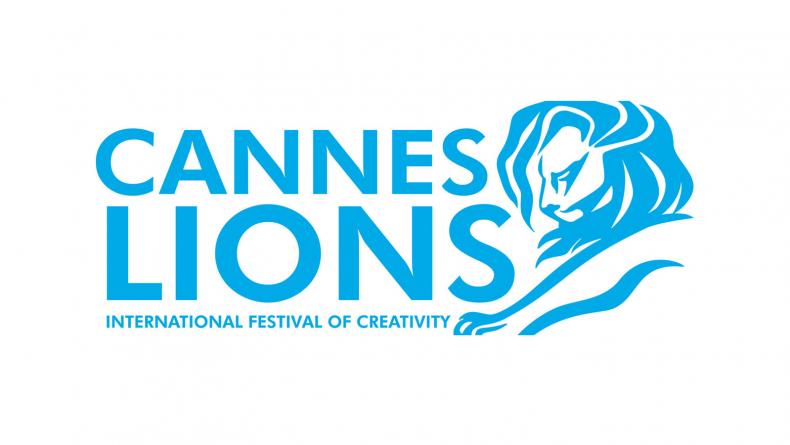
Type Directors Club Awards

Applied Arts Awards
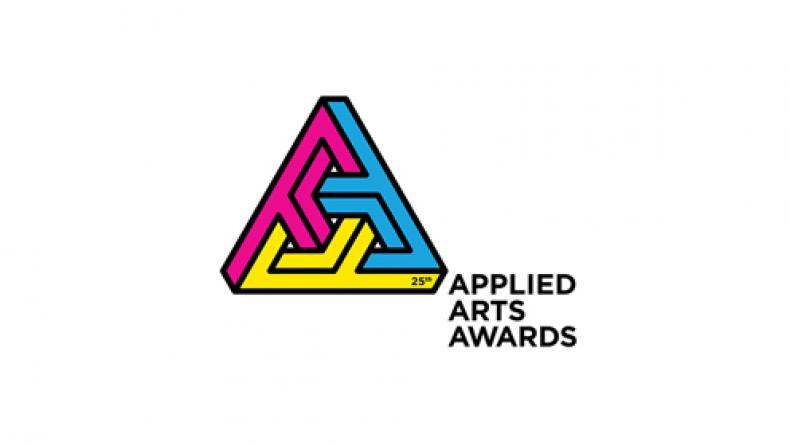
The Asia Student Package Design Competition (ASPaC) Awards
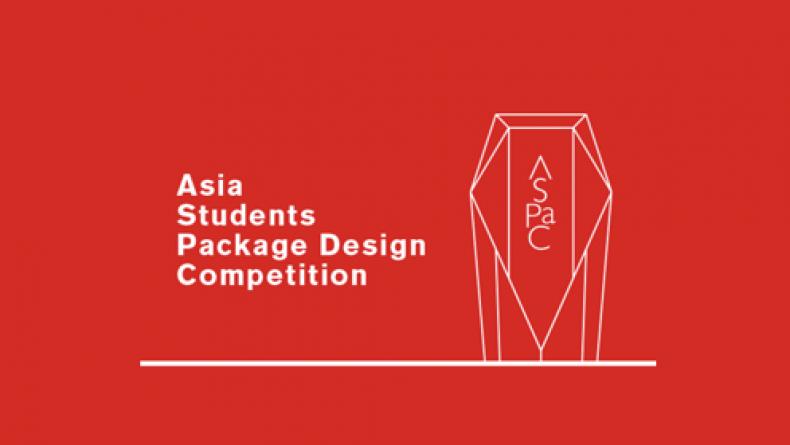
Faculty
Campus tour
